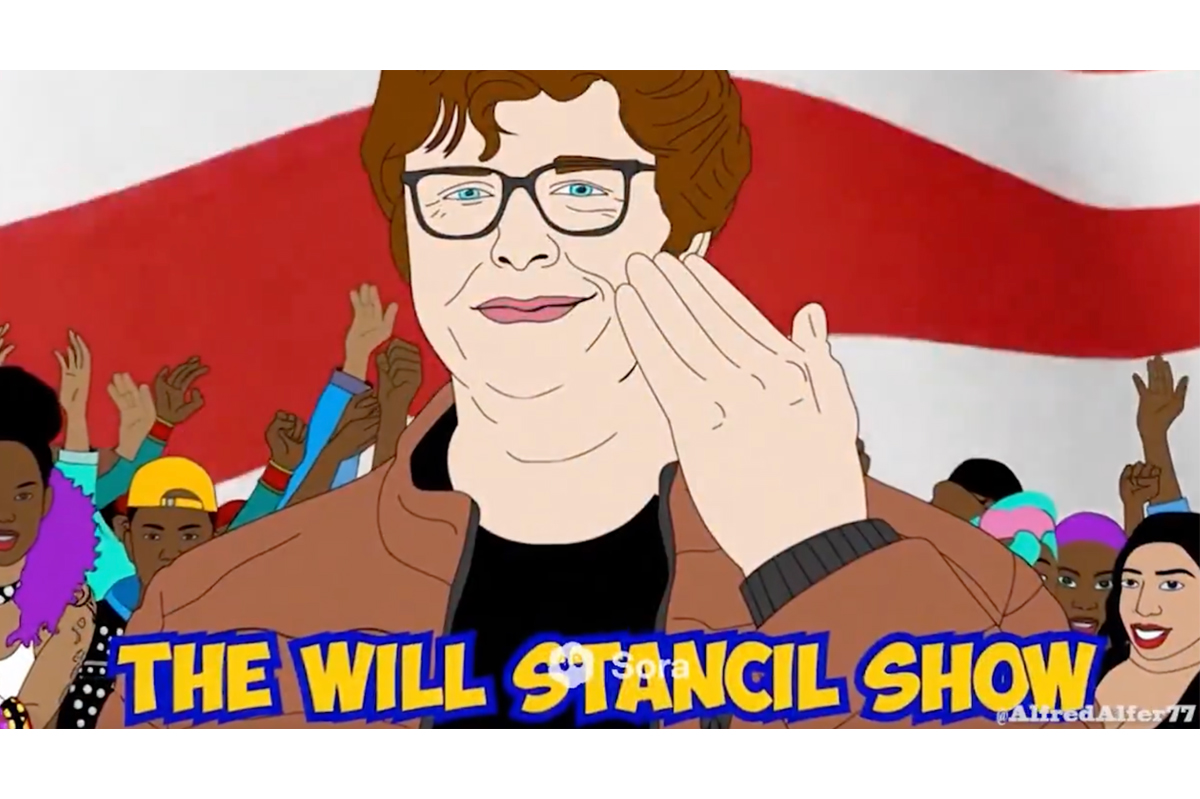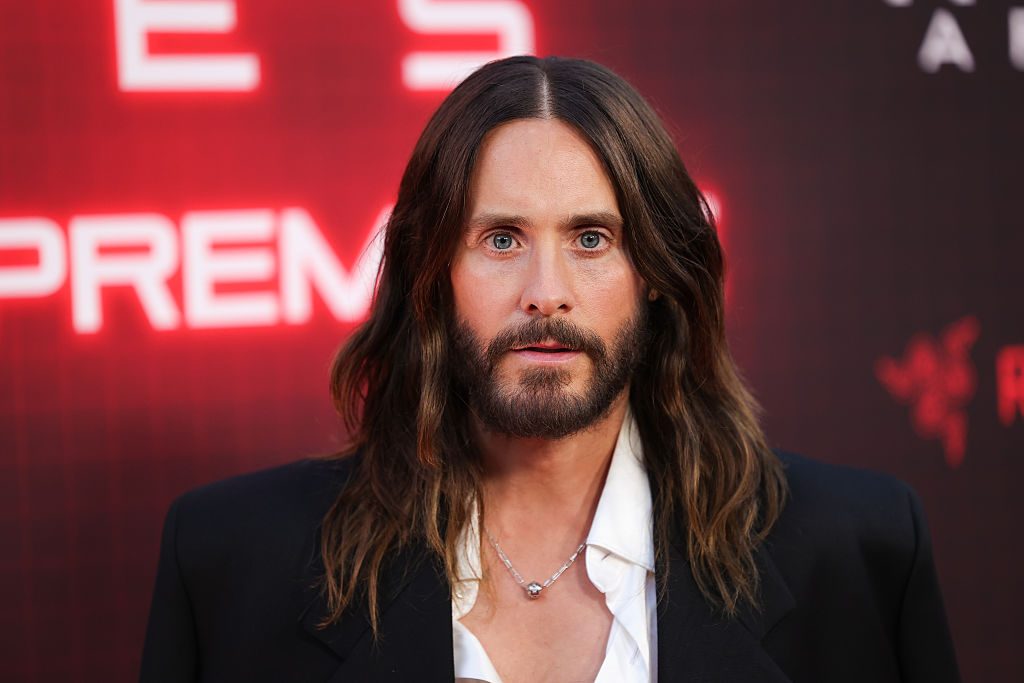Charles Murray, whose work on race and IQ has made him something of a darling of the online right, found himself out of favor with his fan base when he posted on X that a young married couple – each making $15 an hour and working 48-hour weeks – can afford a baby and a place to live.
The reaction was furious. “Charles Murray is a good man,” wrote Zarathustra, a popular dissident right-wing poster. “Sadly, however, he’s also a Boomer. Which by necessity, means his bumper sticker talking points on political economy are comically out of touch garbage, and read like a moldy Reagan Youth pamphlet from 1982.” Murray’s post broke X containment and made it to the subreddit r/BoomersBeingFools. Indeed, most of the anger directed toward Murray followed the same theme: he was wrong because he is a baby boomer.
Boomer hate is nothing new, and it’s more or less a bipartisan phenomenon. The “OK boomer” meme appeared on 4chan as early as 2015 and took off as a mass cultural phenomenon in November 2019, when it went viral on TikTok with the influencer Neekolul wearing a Bernie Sanders crop-top lip-syncing to “Oki Doki Boomer.” Just months later, Covid lockdowns took over the world, and the global public-health apparatus shut down the schools and colleges and parties and workplaces of the young in an attempt to preserve the final years of the old. During that time, the left’s distaste toward boomers remained relatively surface-level – they’re old and out of touch, for example – but the right’s resentment toward the generation grew far deeper. In its opposition to mandates, conservatives began to react against a politics and a society that privileged the aging at the expense of everyone else.
The Silent Generation (with certain big exceptions, such as Anthony Fauci and Joe Biden) has drawn little contempt online, perhaps because it was never memed, perhaps because its members are generally too old and out of the spotlight – but boomers? They embody, for the right, the worst sort of self-preservation, weaponizing their outsize power and numbers in public health and government to fight for policies that were utterly destructive for younger people, to whom they seemingly felt no responsibility. And it wasn’t just about Covid: it was about the fact that they had let insane ideologies – so-called racial reckonings and pediatric sex changes – take over mainstream American life and institutions, crushing the young on top of material concerns such as runaway inflation and housing prices and crime. In other words, they climbed the ladder and then pulled it out from under them, as Helen Andrews argued in her 2021 book, Boomers: The Men and Women Who Promised Freedom and Delivered Disaster.
And yet, these days, most of the ire directed toward boomers seems to be toward the idea that they, like Charles Murray, promote “pulling yourself up by the bootstraps,” with many on the right having joined their counterparts on the left in assuming there can be essentially no self-improvement in the face of material problems. They’re not wrong in that Murray does sound a bit out of touch when he insists on a model that doesn’t entirely account for inflation, the increased prices of insurance and education and assumes more hours than most entry-level jobs are willing to provide employees. But beyond raging against the system – which is precisely what many boomers did during their 1960s youths – and encouraging constant, mostly online outrage, it’s not clear what alternative the anti-boomer right is offering. Meanwhile, a young person might actually be able to make a change in his or her life by taking Murray’s advice seriously, if not literally. At some point, following conventional boomer wisdom becomes a Pascal’s Wager of sorts: if pulling ourselves up by the bootstraps doesn’t work, the worst that can happen is we try something new – but if it does, our work will reward us in ways that wallowing in self-pity never will.
That’s not the end of unjustified boomer hate. The young right’s antipathy toward boomers is ostensibly about the generation’s entitlement and overeagerness to toss aside tradition, but is, ironically, grounded in entitlement toward boomers’ money and a desire to snub whatever tradition and wisdom it is that boomers themselves have passed on, even if we don’t recognize it as such.
Indeed, while many on the right look forward to boomers stepping aside – some even gloating over the “Boomer Die Off” in the coming decades – what they don’t realize is that, for better or for worse, boomers are the last link to the old world, being the last generation to truly remember it. Many of the opera houses, symphonies and mainline churches will likely shutter with the boomers, as will any last memory of decorum, of a world in which left hands are for forks, in which suits are for the office, and in which men remove their hats when entering a building.
The idea that Western civilization will be better off without the boomers is laughably naïve. What’s far more likely is that the small number of people in younger generations who care enough about art and culture and manners will become de facto hobbyists, while those in the greater majority won’t even know what they’ll be missing.
Boomers may be flawed, but aren’t we all? To blame them for all our ills, especially as younger generations gain prominence and replace them in positions of power, is to abdicate responsibility. And if we do indeed fall into that trap, those of us in younger generations will have no one to blame but ourselves.
























Leave a Reply